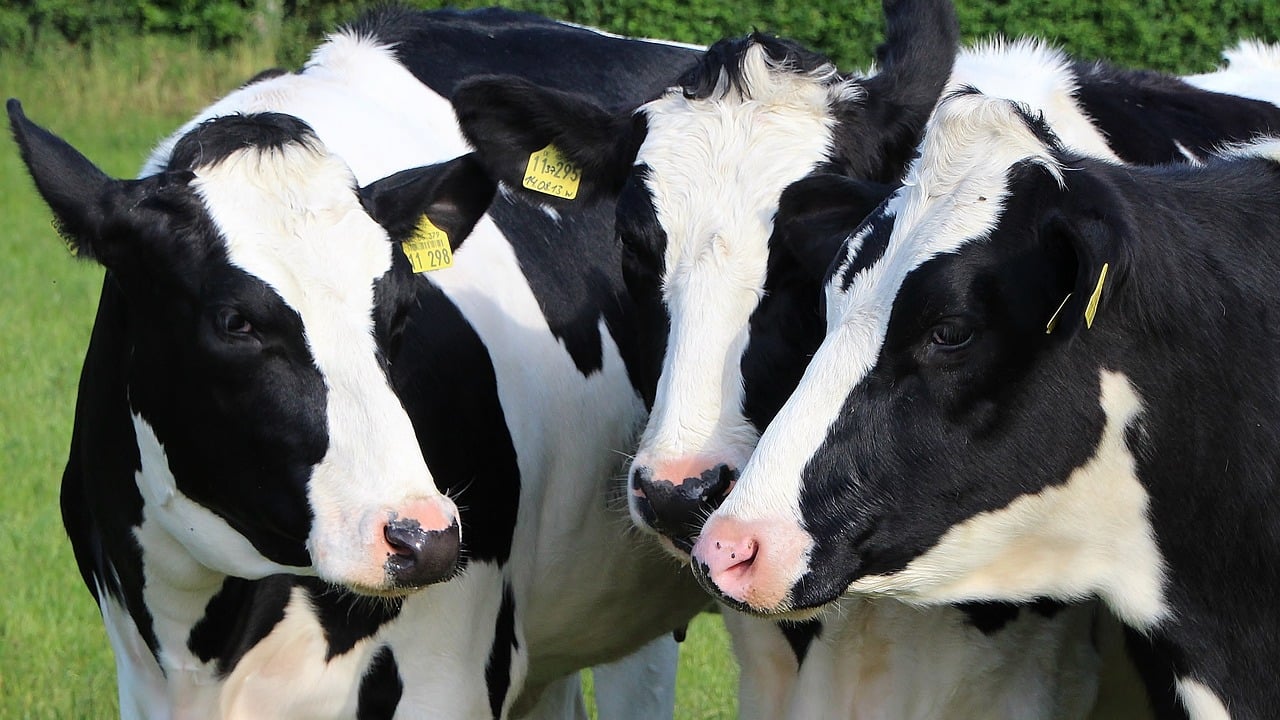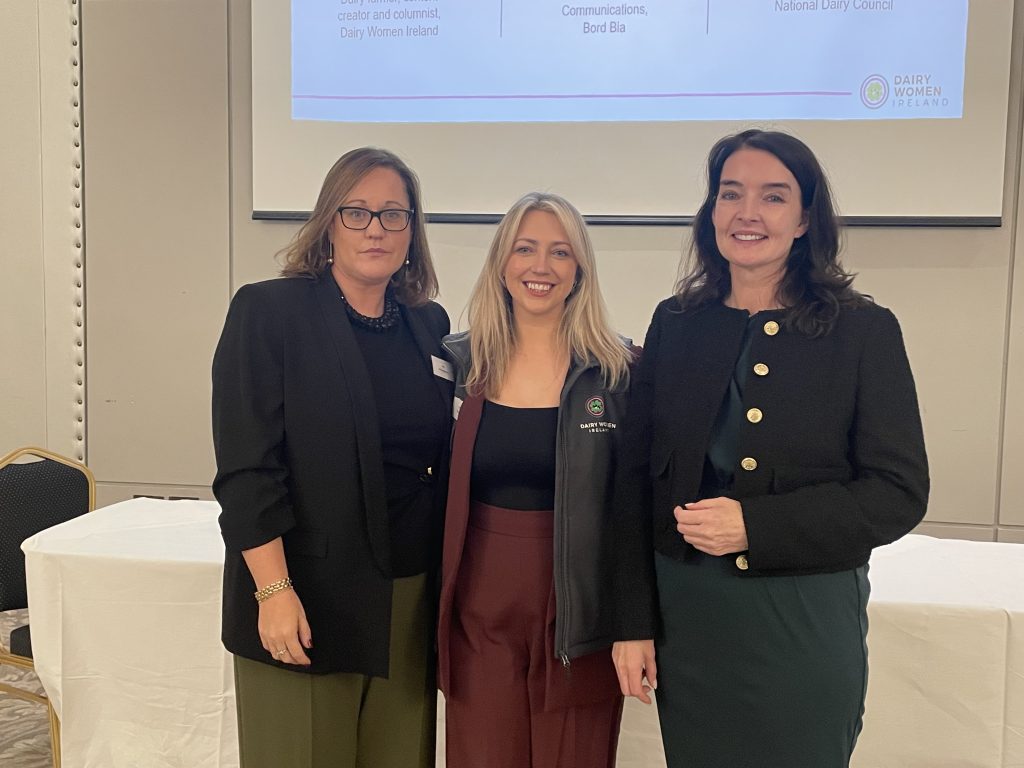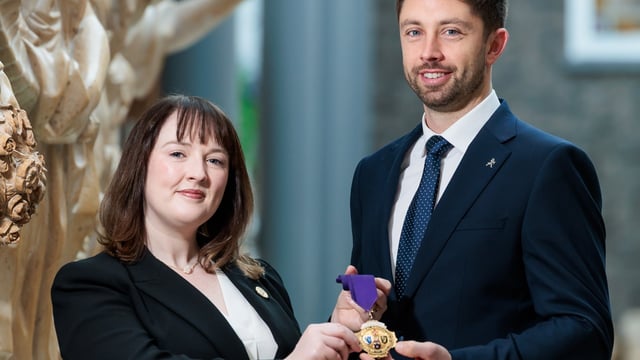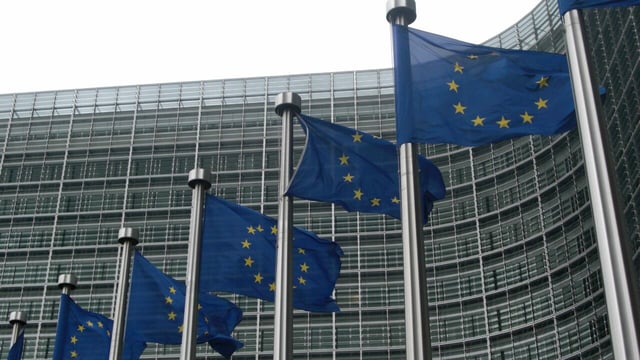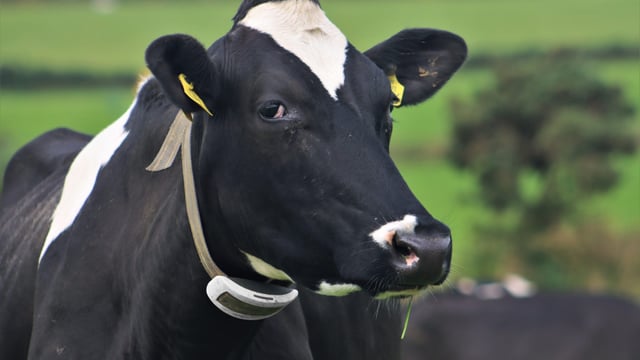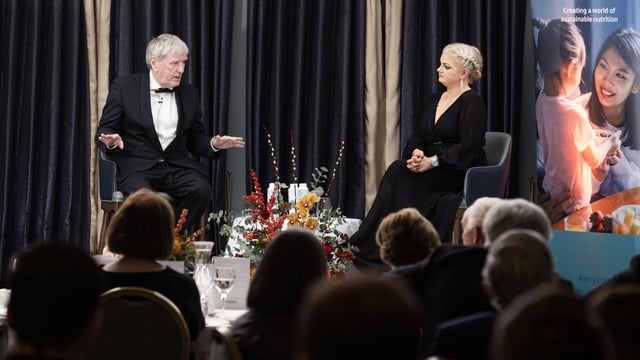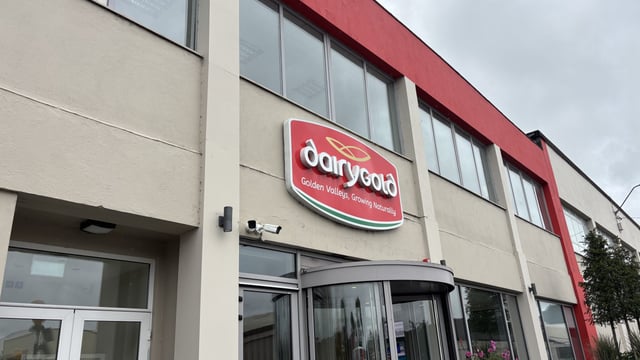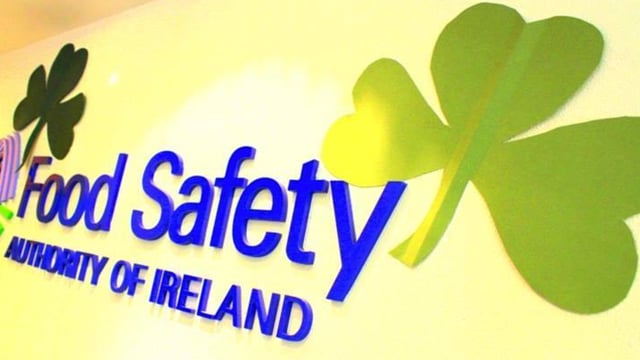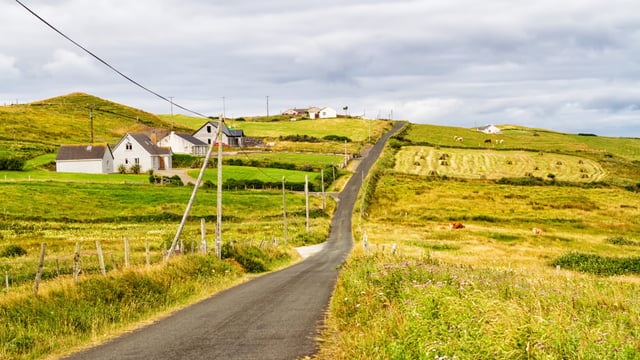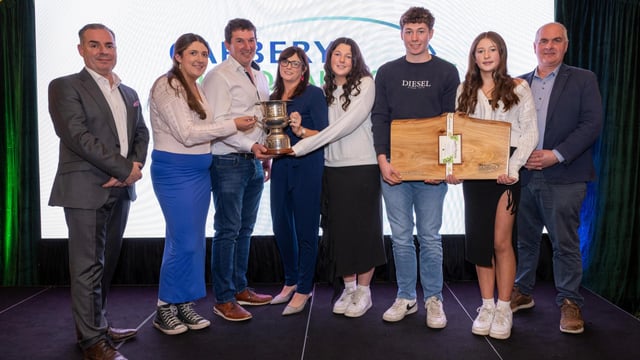Bord Bia: 82% of consumers have not heard of nitrates derogation
Over 80% of Irish consumers have never heard of the nitrates derogation, according to research carried out by Bord Bia.
Roz O’Shaughnessy, head of communications with Bord Bia, outlined the findings at the Dairy Women Ireland (DWI) annual conference in Charleville, Co. Cork today (Friday, November 21).
A recent survey carried out by Bord Bia, found that over 2,000 consumers across the country perceived the agri-food sector as the most important to Irish society and the economy.
Farming
O’Shaughnessy told a session focused on dairy’s social licence that Bord Bia research also shows there is a growing disconnect in Irish society from farming.
"Our demographic as a society is changing, it is evolving. More people are moving out of farming, and that's the reality of the world that we operate in,” she said.
"Over half the population (55%) have never had a family member, first or second generation connection with to farming, and that is a significant shift in a relatively short period of time.
"What that means for us as a sector and in terms of reputation and in terms of communications, is we have a significant, almost 60% of the population, who don't instinctively understand the world that we work in, the world that we operate in, the complexities of your sector, the reasons that we do the things we do,” she added.
Nitrates derogation
O’Shaughnessy said the nitrates derogation has “dominated the headlines” in the farming community in recent months.
However, consumer research carried out by Bord Bia during the summer showed that 82% of consumers had never heard of the derogation.
That figure increased to 86% for those consumers without a connection to farming.
"80% of population don't know what we're even talking about. That’s not a criticism, that's just a reality that we need to think and consider when we're talking about the issues facing our sector," O’Shaughnessy said.
Bord Bia also asked the Irish public whether they prioritise farming or protecting the environment, with just under 60% were in the middle and wanted a balance between the two.
15% of respondents favoured protecting the environment even if it reduces farming viability.
O’Shaughnessy spoke about the importance of connecting with the 70% of consumers in the so-called middle ground about farming and food production.
"The point here is that we don't try and wedge our message down their throats. We talk to them about what's relevant to them, and try and connect that back to us," she said.
The conference heard that the Our Food Connects project, initiated by Bord Bia and supported by industry stakeholders, will aim to harness collective expertise and bridge the gap with consumers.
The project will be running content creation workshops for farmers who already have a strong presence on social media to reach out to consumers.
Women
Emma Walls, National Dairy Council (NDC) chief executive, said that dairy farmers are the best advocates for the sector.
While 17 farmers are part of the NDC Farm Ambassador programme, Walls said that every farmer can be an ambassador and she highlighted how women are "great communicators".
"Even in rural Ireland there is a disconnect from what is happening in agriculture, so we need you to go there into the community and tell the story and to put your shoulders back and be really proud of it," she said.
Walls said that the number of people who trust dairy farmers to take care of the environment has increased from 47% in 2022 to 72% this year.
She also encouraged farmers who are interested in opening their farms for school visits to contact the NDC for support.
Social media
Katie Gleeson, a dairy farmer in Co Tipperary, told the conference she began to create content on social media to tackle misinformation about farming.
"Social media is changing in the sense that it's been over saturated and I've now found as an individual farmer probably the best thing you can do is go out into your communities and become involved in community organisations," she said.
Gleeson was the only dairy farmer on the Community Climate Coaches programme in Tipperary, which was made up of a broad cross section of society.
"Communities are catalysts for change and we're really not going to create any change at all in the mindset of the general public if we don't get out into the communities and speak our voices and tell them what's going on," she said.

